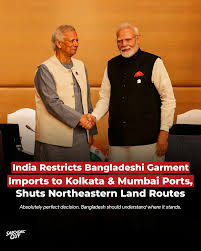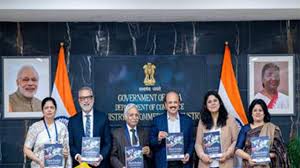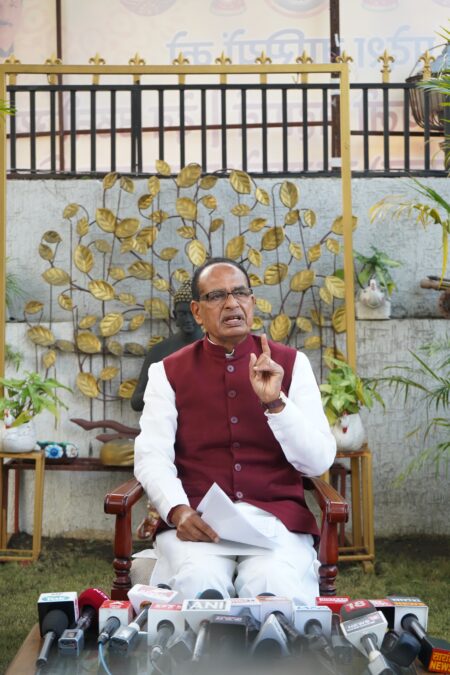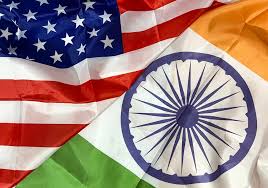India limits Bangladesh’s garment exports to two seaports, escalating trade tensions over recent port restrictions.

In a significant trade policy shift, India has imposed restrictions on imports of ready-made garments (RMG) from Bangladesh, allowing entry only through two seaports — Kolkata and Nhava Sheva in Mumbai. The directive effectively shuts down all land ports previously used for this trade, which is valued at over $700 million annually.
The move is widely seen as a retaliatory response to recent actions by the Bangladeshi government under Prime Minister Yunus. On April 13, Bangladesh restricted Indian yarn exports to seaports, barring their entry through land borders. Further aggravating trade ties, since April 15, Indian rice exports have been blocked from using the Hili and Benapole Integrated Check Posts (ICPs), and Indian goods have been subjected to heightened inspections upon entry into Bangladesh.
India’s latest measure is expected to strengthen its domestic textile and apparel industry, but it poses a serious challenge to Bangladesh’s RMG sector, which forms the backbone of the country’s exports and employment.
Bangladeshi exporters will now be forced to reroute shipments via Chittagong Port and onward to the two designated Indian seaports, increasing logistical complexity and cost burdens. The restricted access could dampen Bangladesh’s export competitiveness and further strain bilateral trade relations.
This tit-for-tat trade tightening highlights growing friction in Indo-Bangladesh economic ties, with analysts warning of potential long-term repercussions if the restrictions persist.
Source: Maritime Gateway











